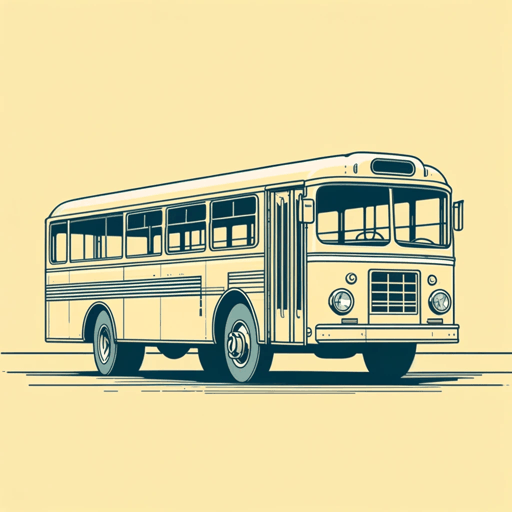47 pages • 1 hour read
John SteinbeckThe Wayward Bus
Fiction | Novel | Adult | Published in 1947A modern alternative to SparkNotes and CliffsNotes, SuperSummary offers high-quality Study Guides with detailed chapter summaries and analysis of major themes, characters, and more.
Summary and Study Guide
Overview
The Wayward Bus, published in 1947, was American author John Steinbeck’s 16th book. The Wayward Bus is a character-driven narrative that follows a bus journey to the fictional San Juan de la Cruz, California. The preparations and the journey itself keep characters in the throes of internal crises, which they are eager to keep hidden from the other passengers. In this novel, multiple characters grapple with their pasts and the unpredictability of their futures. The Wayward Bus explores the stasis of human existence, the resentment of depending on others, and the ways people use dreams and fantasy as an escape from their circumstances.
The Wayward Bus was adapted into a Hollywood film in 1957. Starring Joan Collins, among other Hollywood heavyweights, the film was not a critical success, but it did receive a nomination for the prestigious Golden Bear Award at the 7th Berlin International Film Festival.
This guide is based on the Avarang Books 2023 e-book edition.
Content Warning: The following study guide contains references to domestic abuse, sexualization of racial “otherness,” sexual assault, depression, and self-harm.
Plot Summary
Juan Chicoy and his wife Alice run a bus service station in Rebel Corners, an important throughway in California. A server named Norma helps Alice manage the restaurant, and a mechanic—nicknamed Pimples due to his acne—helps Juan maintain the bus. The novel begins as Juan and Pimples fix up the bus to bring passengers to San Juan. The Pritchards, comprised of Elliott, his wife Bernice, and their college-aged daughter Mildred, are stuck in Rebel Corners on their way to a family vacation in Mexico. A traveling salesman named Ernest Horton also awaits the bus ride to San Juan. A disgruntled man named Van Brunt arrives at Rebel Corners to join the other passengers.
Juan is bored and unhappy in his life. Alice is desperately in love with Juan but fears his abuse and obsesses over his attraction to other women. Norma is lonely and fantasizes about being in a relationship with the film star Clark Gable. Pimples is also lonely and wants to be loved despite his acne. Alice is cruel to Norma because she is jealous of the attention Norma gets. Norma finally has enough of Alice’s meanness when she finds Alice reading her letters to Clark Gable. Norma quits her job and joins the passengers for the ride to San Juan.
Mildred becomes deeply attracted to and objectifies Juan due to his Mexican heritage. Juan also develops an attraction to Mildred. Mildred is not the only one in her family with secrets. Elliott, a conservative businessman, also enjoys nude dancing at stag parties, which becomes a problem for him with the appearance of a beautiful woman who goes by the fake name Camille Oaks. Camille recognizes Elliott from a stag party she danced at. All the men on the bus are attracted to Camille, but she confidently avoids their attention.
Before the bus departs, Van Brunt gives Juan a hard time about the potential road conditions. The bus needs to cross a rickety old bridge that is threatened by the rain. The passengers begin their journey already tired and stressed by one another.
While the bus departs, Alice stays behind and closes the restaurant. She self-medicates her sadness with alcohol and fixates on the flies that enter the restaurant, seeing them as indicative of her lack of control. Drunkenly, Alice attacks a fly and ends up crashing into a wall, passing out on the floor as glasses, plates, and food fall on top of her.
The bus ride is marked by the ways in which the passengers try to relate to or avoid each other. All the men are distracted by Camille, as is Norma, who is attracted to Camille’s confidence. Norma projects her loneliness onto Camille, hoping that they will become good friends and can find an apartment together in Los Angeles. Pimples hopes the bus might break down so he can save Camille.
At a gas station, Juan is warned against taking the bridge, which is close to flooding. The passengers vote for Juan to take an abandoned road that was once used by stagecoaches. Juan doesn’t know the road, but the passengers insist. Frustrated, Juan vows to Our Lady of Guadalupe that if she sends him a sign by getting the bus stuck in a ditch, he will leave his unfulfilling life and run away to Mexico. Juan purposefully gets the bus stuck in a ditch. He leaves the bus, ostensibly to get help, but really begins his plan to run away. Mildred follows him after becoming frustrated with her mother’s migraines, which Mildred sees as a pathetic cry for attention.
While Elliott tends to Bernice’s migraines, Mildred finds Juan asleep in an abandoned barn. Mildred and Juan have sex.
Back at the bus, Pimples tries to impress Camille and Norma with his attitude. He confesses to Norma that he wants a wife and worries that he is unlovable. Norma appreciates his vulnerability, but when he calls Camille a tramp, Norma abandons the possibility of a friendship with Pimples. Elliott has been trying to get Ernest to agree to a business deal with him, and Ernest’s rejection makes Elliott self-conscious. Elliott strikes up a conversation with Camille and flirtatiously offers her a job as his secretary. Camille confronts Elliott with the truth of his deception against his wife and values. This makes Elliott so angry that he rapes his wife in a cave while she is ill with her migraine.
Van Brunt is also ill. Two past strokes have given him a volatile temper and a fear of his mortality. Van Brunt has a stroke on the bus, but most of the passengers think he is only napping.
Juan and Mildred return to the bus. People start noticing Van Brunt’s condition. The remaining men help to get the bus out of the ditch. Juan drives the bus to San Juan. Ultimately, all the characters arrive at their destination, both physically and metaphorically, but none of them change in the significant ways they desire.
Related Titles
By John Steinbeck
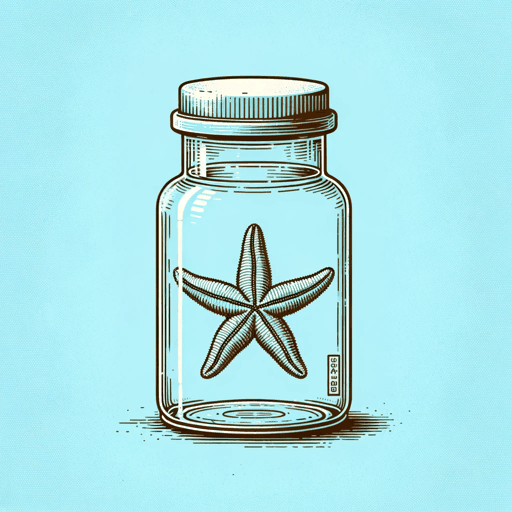
Cannery Row
John Steinbeck
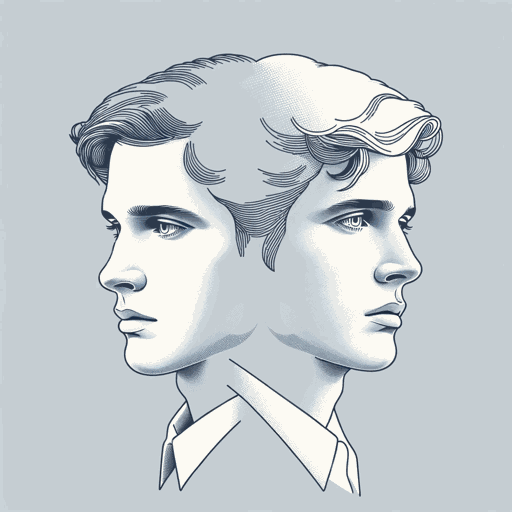
East of Eden
John Steinbeck

Flight
John Steinbeck

In Dubious Battle
John Steinbeck
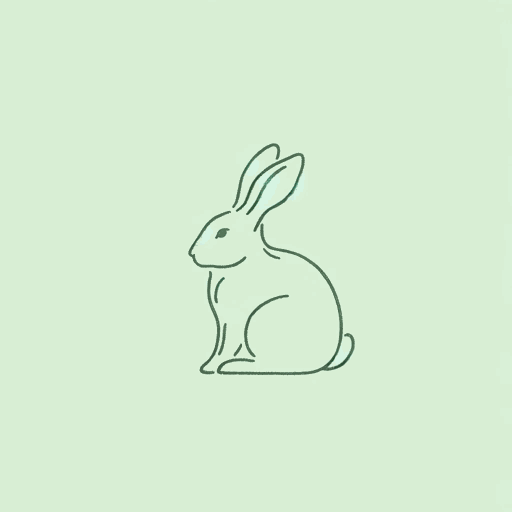
Of Mice and Men
John Steinbeck

Sweet Thursday
John Steinbeck
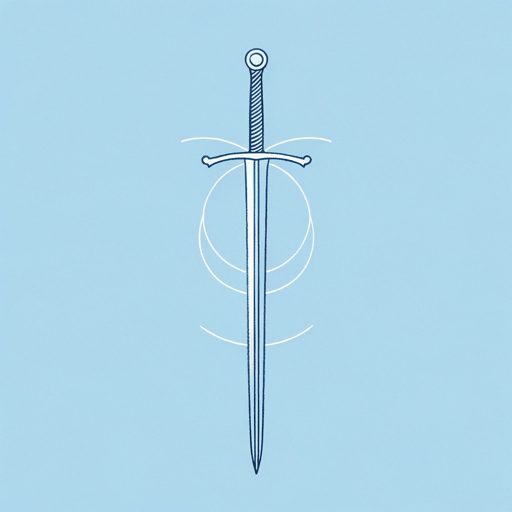
The Acts of King Arthur and His Noble Knights
John Steinbeck
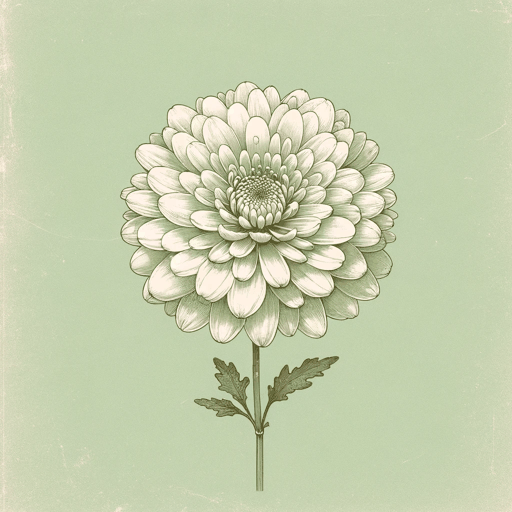
The Chrysanthemums
John Steinbeck

The Grapes of Wrath
John Steinbeck

The Harvest Gypsies: On the Road to the Grapes of Wrath
John Steinbeck

The Log From The Sea of Cortez
John Steinbeck

The Long Valley
John Steinbeck
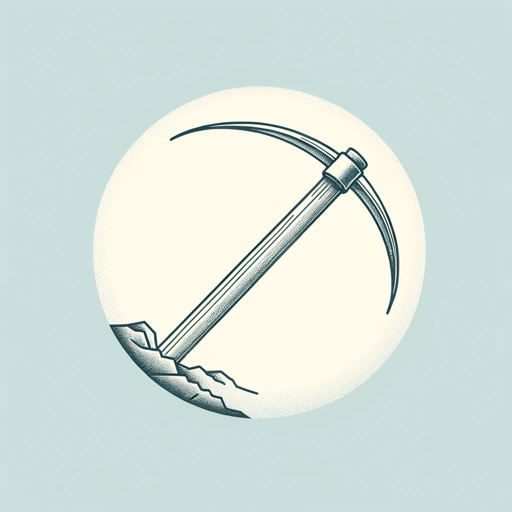
The Moon Is Down
John Steinbeck

The Pearl
John Steinbeck
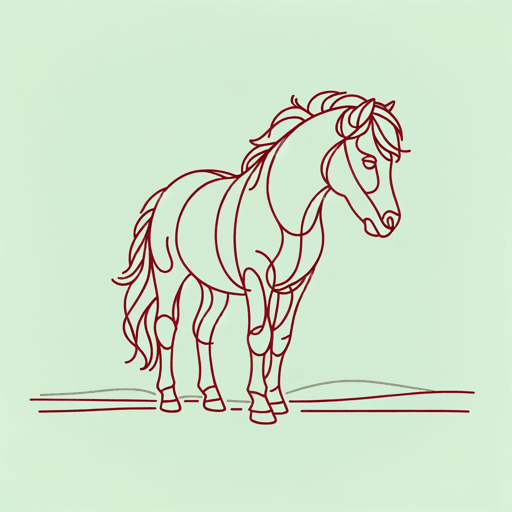
The Red Pony
John Steinbeck
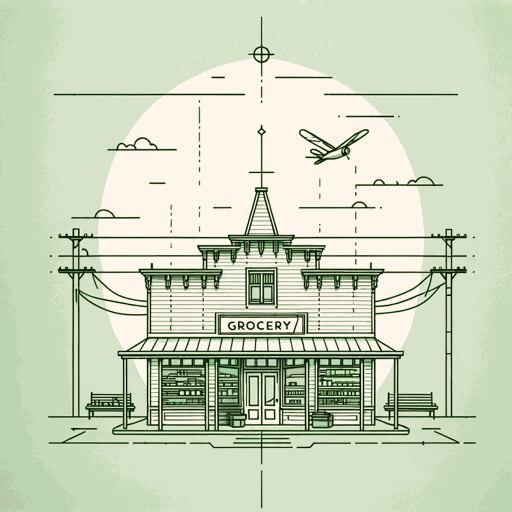
The Winter Of Our Discontent
John Steinbeck

To a God Unknown
John Steinbeck

Tortilla Flat
John Steinbeck
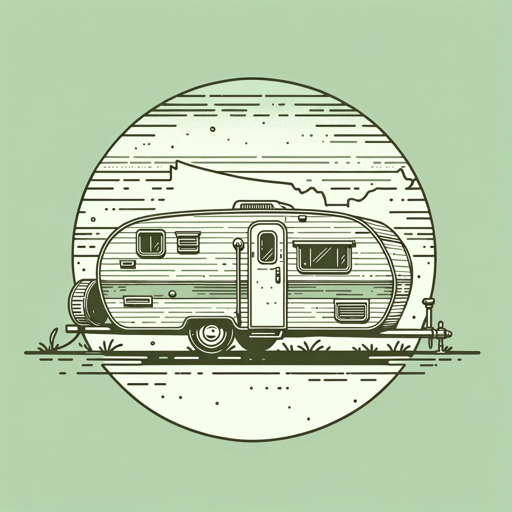
Travels With Charley
John Steinbeck
